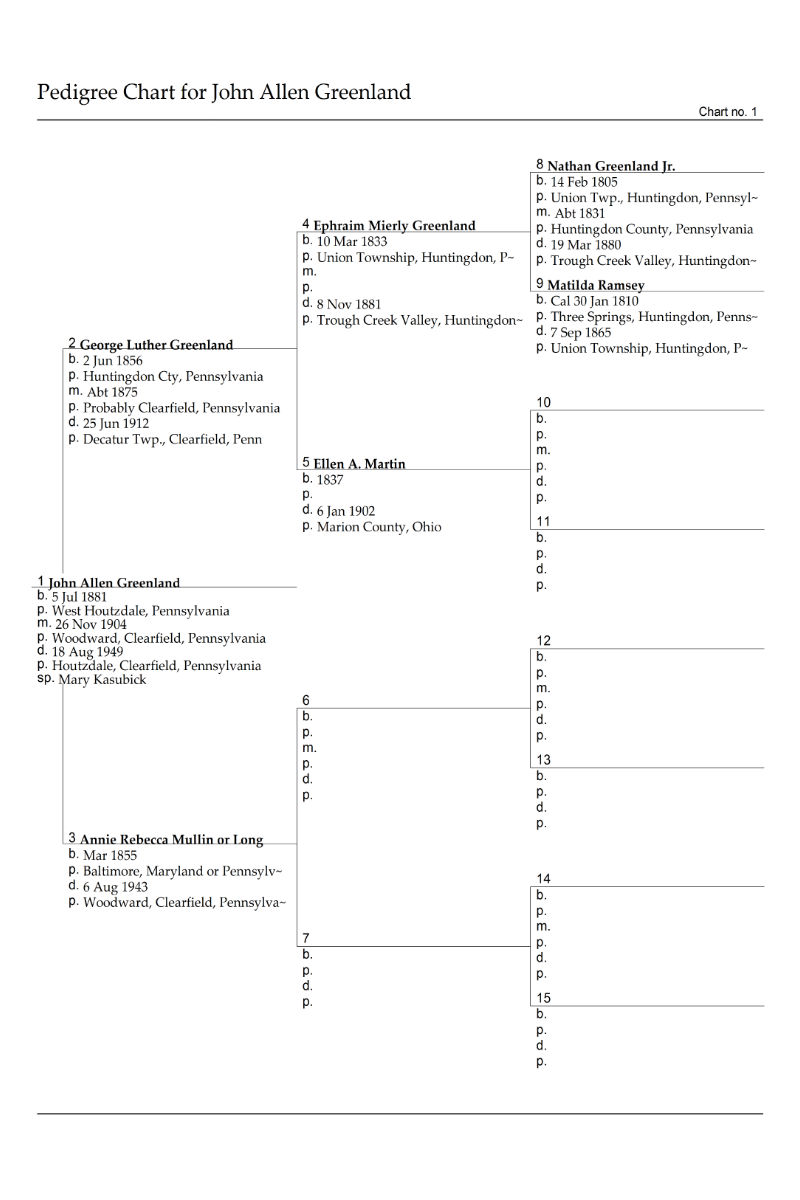Interested in Hiring a Genealogist?
I am a professional and can help with many of your genealogical journeys. If you feel that my services may be a good fit for your needs and would like to discuss your situation, contact me through the Contact page. I generally charge by the hour.
Significant projects will require a contractual agreement. Major projects, always welcome, are open to negotiation.
Of course, if all you have is a simple question or need a little guidance - just ask. Any genealogical quest is worth a discussion!
If you are considering hiring a genealogist there is likely a specific reason for doing so. Maybe there is
- a brick wall with your own research resulting in some frustration;
- missing information on a particular ancestral line painting an incomplete picture;
- a conflict between family lore and records that needs resolution ;
- curiosity – you just want to know more;
- a 2nd great grandmother on your mother’s side that is a complete mystery;
- a 3rd great grandfather who fought in the Civil War and there are questions about when, where, which side, what happened to his family, what did he do after the war and did he even survive the war;
- a family story that a particular ancestor was a huge landowner and you want to know where, when and what happened to the land;
- a record that time and distance prevent you from accessing yourself.
Perhaps the reason for hiring a genealogist is simply to put your information into a chart or tree format.
For every question asked about an ancestor, a genealogist can possibly help with your research question or goal. It is possible, however, that the information you seek either never existed in written records or has been lost to time and events such as war, fire, and natural disasters.
Regardless of your reason for wanting to hire a genealogist, you must be very clear with exactly what it is you want to know and why. Framing a goal around a research question is strongly recommended. Good research questions include clarifiers that provide focus. Consider the following examples.
Not a good question:
“Who did Nathan Greenland marry?”
(There were several Nathan Greenlands. Which one are you referring to?)
A better question:
“Who did Nathan Greenland, born about 1803, marry?”
(This is better because of the added time element. This will stop a researcher from considering a Nathan Greenland born in 1750.)
An even better question:
“Who did Nathan Greenland, born about 1803 in Huntingdon County, Pennsylvania, son of Nathan Greenland, marry?”
(This is a well-crafted, focused, research question because the clarifiers will prevent mixing up this Nathan with any other Nathan.)
You must also be ready to provide any relevant research that you have performed and/or records that you have so that the genealogist does not spend time gathering information already in your possession. That is a waste of your valuable resources.
To help streamline your situation, consider the pedigree chart below. If you were to fill in a chart similar to this for your ancestors, how much family data do you have good documentation for or close personal knowledge of? Any line item that does not have a name, date and place is an area that needs attention. (Download a blank pedigree chart from the Information and Resources page.)
Keep in mind that, “Well Mom said, that Aunt Susan said, that Nana said…” is not good documentation or close personal knowledge of an event or events. That is family folklore, rumor, and hearsay. Do not consider this as genealogical proof that an event occurred. That said do not discount family folklore either. There is likely at least some grain of truth in many of those family stories. Follow the leads that these stories provide and support family folklore with documentation as much as possible.
Based upon the chart below, it is clear that this line is missing information requiring additional research.
KEY: b = born p = place m = marriage d = death sp = spouse

Are you interested in hiring a genealogist? If so, contact me. I would welcome the opportunity to introduce you to your ancestors.